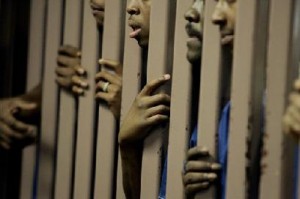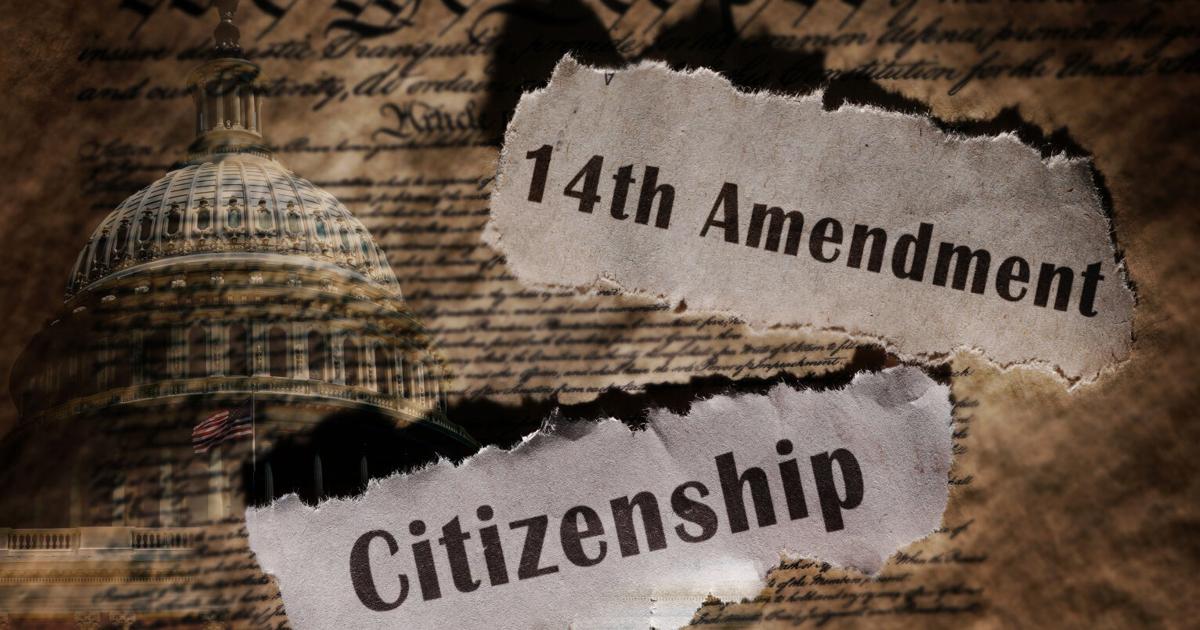(ThyBlackMan.com) Hamedah Hasan, a devoted mother of three, fled a physically abusive relationship and sought shelter with her cousin. Hamedah’s primary goal was to provide a safe living environment for herself and her three children. After several months of living with her cousin, he began asking her to run minor errands for his drug operation. Although she never used drugs and felt she had no choice but to participate at the time, Hamedah admittedly chose to engage in the wrong doing.
In 1993, she was charged with conspiracy to deliver crack cocaine, which made her liable for all drugs ever associated with her cousin’s drug operation, regardless of the role she played. As a result, Hamedah was sentenced to 27 years in prison.
Hamedah’s charge was a first time, nonviolent offense and she has already served 16 years behind bars. The federal prison system has paid  approximately $410,000 dollars to incarcerate and keep Hamedah locked away. In addition, Hamedah’s children have grown up without their mother present in their daily lives.
approximately $410,000 dollars to incarcerate and keep Hamedah locked away. In addition, Hamedah’s children have grown up without their mother present in their daily lives.
Unfortunately, changes to the crack powder disparity law signed by President Obama earlier this year will not help Hamedah but she is currently petitioning the President to commute her remaining sentence. Hundreds of thousands of men and women like Hamedah are behind bars each year and children, families and state and federal budgets are paying the price.
Today, a new report from the Pew Charitable Trust is drawing a grave picture of America’s criminal justice policies by showing its impact on family income, children and state budgets. In the report, Pew focuses on the collateral consequences of mass incarceration and its impact on the economic mobility of formerly incarcerated people and the children of the incarcerated.
Tomorrow, 2.7 million children will wake up with a mother or father incarcerated-a statistic that has quadrupled over the last 25 years. Not only will many of these children spend years with a parent out of the home but their family’s income will decrease 22 percent while their parent is incarcerated. In addition, once their parent gets out of jail and if they are able to find a job, they can expect 40 percent less income than someone that has never been incarcerated.
The prospects or as the report says, “predictable destination” of America’s youth as a result of incarceration is a national crisis that creates serious social conditions. Nearly a fourth of children of incarcerated fathers get expelled from school each year. Incidentally, the intergenerational cycle of incarceration has become more common as children of incarcerated parents are more likely to go to prison when they become adults.
Another disturbing part of the report was how racial disparities in incarceration were impacting African American families and earning potential. Today, 500,000 African American fathers are currently incarcerated in America’s prisons. Even more striking is the impact incarceration has high school dropouts. According to the report, more young (20 to 34-year-old) African American men without a high school diploma are currently behind bars (37 percent) than employed (26 percent) in American society today. As high school drop outs become more of a problem in American schools, this statistic should cause all of us great concern now and for the future.
Mass incarceration will continue to have a devastating impact on African American families, their children and society until something is done about it.
For this reason, last week residents of Marin County California woke up to an NAACP sponsored rolling billboard, the size of a midsized moving truck, driving throughout Marin County and highlighting America’s problem of mass incarceration. The rolling billboard showed on one side, that America was 5 percent of the world population and has 25 percent of the world’s prisoners. On the other side, the billboard showed that over the last 20 years, Californians increased spending on incarceration 20 times more than it did on higher education. Similar billboards were launched last week in Los Angeles, Philadelphia, Birmingham and Richmond, VA.
The purpose of the billboards was to ask voters to call their Senators and ask them to support the National Criminal Justice Commission Act. The act, sponsored by Senator Jim Webb, is currently tied up in the Judiciary committee and calls for a national commission to analyze the effectiveness of the criminal justice system as no such assessment has been done in over five decades. The billboard also asked people to join the 10.2.10 march for jobs and justice that will be held in Washington, DC later this week.
Just as Hamedah’s personal story is troubling to hear, the Pew report makes an equally harrowing case about the criminal justice system’s impact on children and families. From a social policy perspective, sentencing policies over the last three decades have failed American society. From a racial justice perspective, African Americans are systematically marginalized by the criminal justice system and is undermining the life course outcomes of the youth.
Join the NAACP and ask your Senator to support SB. 714, the National Criminal Justice Commission Act and join us at the 10.2.10 march on Washington to call for jobs and justice this Saturday. Let’s put America on a path to restoring families, providing safety and administering fairness and equality for everyone, especially for Hamedah and the many lives like her.
Written By Robert Rooks and Dr. Niaz Kasravi

















Leave a Reply